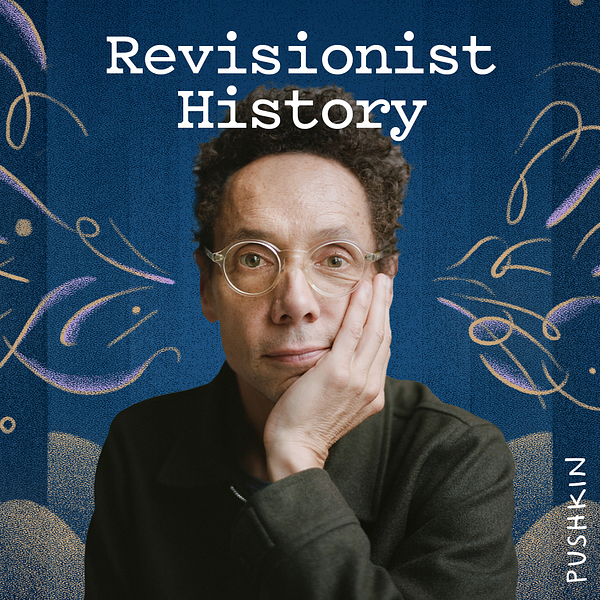“Endings are hard” is the subject of a recent episode of Malcolm Gladwell’s podcast Revisionist History. He shares a live stage with comedian Mike Birbiglia, an extremely accomplished storyteller in his own right.
Together they bemoan the inadequacy of many story endings. Gladwell compares how we evaluate people and how we evaluate stories. Unlike our snap judgements about people,
…our evaluation of stories is the opposite. It's back loaded. What happens in the last five minutes colors every conclusion we drew in the first two hours. I will guarantee you that every screenwriter and author and podcaster frets endlessly about how their stories begin, rewrites the beginning a million times, but aren't nearly as fastidious about the ending, which is nuts.
As he is known to do, Gladwell arrives at a succinct and unifying theory:
The difference between a story and an anecdote is a story is a narrative that betrays the listener's expectations. There must be an active betrayal for the story to work.
When we teach about data storytelling (check out our free lessons), we focus on using the powerful techniques of narrative to reach our audience and change minds. We want to connect by touching on ingrained concepts like setting up the conflict, connecting ideas with a logical flow, establishing characters, and using specificity.
This discussion of endings provides another guideline to consider with your data story. By the end of your story, are you subverting expectations?
This concept connects to the recent dialogue about “what is an insight?” One suggestion is that insights need to break through an existing understanding or assumption. That is, they need to “betray expectations.”
In contrast, an anecdote merely reinforces what we already believe. Anecdote-style data communication has a place, especially if you are trying to educate people in your organization. You don’t always need to be exploding their minds with a new insight — sometimes you just want your audience to take actions that are consistent with something that is known.
At one point in the podcast, Gladwell provides an example that helps solidify his distinction:
An anecdote is a narrative that conforms with your expectations. For example,
So the craziest thing happened to me last night. I found a hundred dollars bill on the street. That is not a story, that is an anecdote. The first sentence craziest thing happened is the equal of the second sentence, a hundred dollars bill on the street.
A story is a narrative that betrays the audience's expectations.
The craziest thing happened to me last night. I found a hundred dollars bill on the street. I gave it to a, tried to give it to a homeless man and he said, “I don't want your effing money.”

